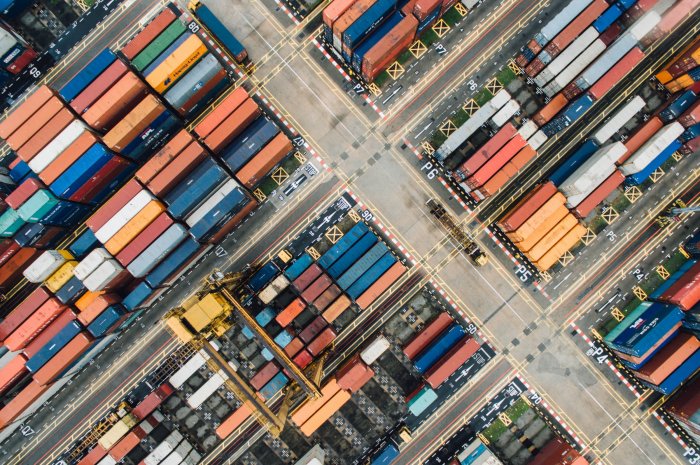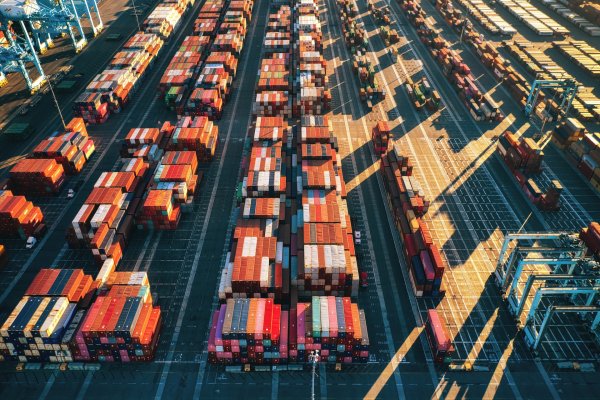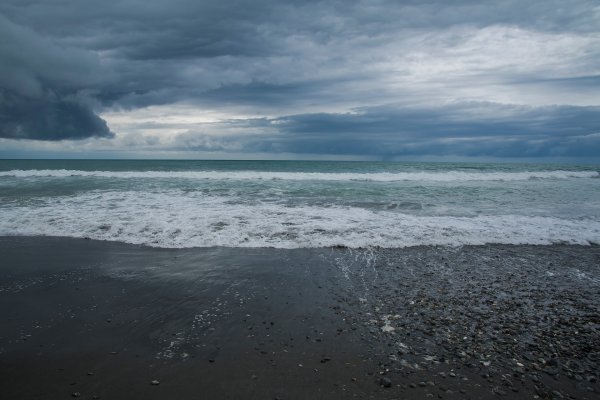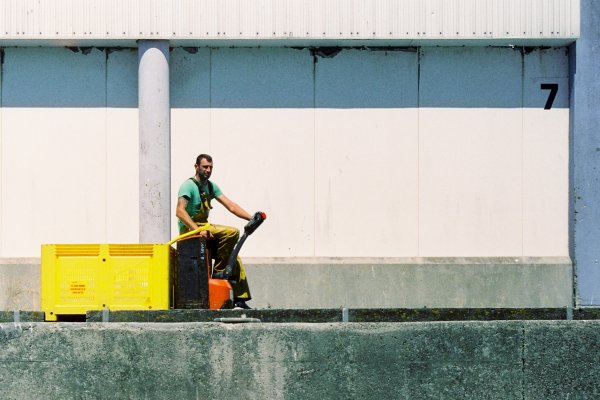
Container issues in Australian ports continue to grow, with transport companies requesting 48 hours for empty container collection and imported produce being delayed at ports, potentially costing importers huge losses.
What is container detention?
Container detention is a daily charge imposed by a shipping carrier on a party for the use of a shipping container.
When a container arrives at the wharf, we have 7 days to collect it, deliver, and return it to the empty park without charge. If the container is not returned within the 7 day ‘free’ timeframe, then detention is applied by the shipping line.
Shipping updates and news in November 2022
1. Container de-hire still a problem in container parks. Container parks across Australia are still desperately struggling to keep up with demand. Transport companies are requesting 48 hours to collect empty containers.
MYC would like to make clients aware of this requirement to avoid container detention charges. Forward planning is a must.
2. Drops in supply as the import of produce is delayed. With staff and funding shortfalls, the import of produce is being delayed at Australian ports. Fresh imported produce must be inspected for pests, disease and weeds by officials at the Australian Department of Agriculture, Fisheries and Forestry (DAFF).
Importers claim that these delays are costing them hundreds of thousands of dollars a year, as produce sits and goes bad while waiting for import inspections.
In the past, Australia has employed inspectors in the US and New Zealand to inspect fresh food before it was imported. However, government decisions have resulted in the process being brought back into Australia, with the intention of making the system more efficient.
Read more about the quarantine delays here.
3. Proposed increase to the Sea Full Import Declaration (FID) charge. The Department of Agriculture, Fisheries and Forestry (DAFF) is proposing an increase to its Sea FID charge.
The Sea FID charge looks to recover the costs of managing the risk of hitchhiker pests (such as the BMSB) and diseases in and on containers.
The change would mean an increase from $49 to $58 for each declared consignment arriving by sea from 16 January 2023.
If you have any questions or feedback, please don’t hesitate to get in touch with your MYC liaison or call us on +61 8 9253 0121.


